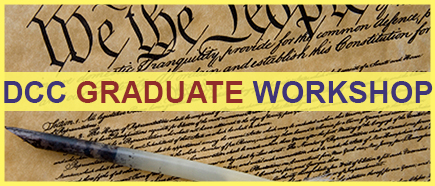College Hall, Room 209 (Accessibility)
Lunch provided.

Yakov Feygin (History, University of Pennsylvania)
"From Economic Reform to A Crisis of Power: Institutional Change, Inflation, and the Collapse of the Soviet Fiscal State, 1986-1991"
Roberto Saba (History, University of Pennsylvania)
"The Spirit of Enterprise: American Entrepreneurs in Brazil of the 1860s"
YAKOV'S PAPER EXPLORES the relationship between the USSR’s economic reform in the last decade of the USSR and the destabilization of the Soviet fiscal state. It argues that the collapse of the USSR should be understood within the context of the larger crisis of the international political economy in the 1970s and highly leveraged developmental states in particular. It shows that in order to deal with increasing pressures related to perceived lack of competitiveness Soviet economists, deeply embedded within neo-classical economics, attempted to jump start the economy by increasing labor productivity without paying attention to the fiscal-institutional consequences of these actions. In turn, this spurred a crisis of legitimacy as Soviet governing institutions struggled to control the financial deepening of the economy while maintaining their identity as uniquely Soviet.
ROBERTO'S PAPER BEGINS with the observation that during the first half of the nineteenth century, British capital was hegemonic in Brazil and the British Empire used its economic might to constantly pressure Brazilians on diplomatic matters. During the 1860s, however, a competitor emerged. While the United States was facing the Secession crisis, American investors and American engineers arrived in Rio de Janeiro to build railroads and establish ferry-boat and streetcar lines. The paper argues that the Brazilian elite welcomed the American entrepreneurs because they hoped that American enterprise would weaken British economic and diplomatic pressure on Brazil. The study of American entrepreneurs in Rio de Janeiro of the 1860s reveals that, while Great Britain was taking an aggressive approach toward Brazil and its institutions, the United States chose a much more cooperative approach, respecting Brazilian sovereignty in matters such as slave emancipation. Ultimately, the research demonstrates that Brazilians were capable of manipulating the competition between the two Anglo-Saxon empires in order to speed up the process of economic modernization in Brazil.

 The Andrea Mitchell Center for the Study of Democracy
The Andrea Mitchell Center for the Study of Democracy